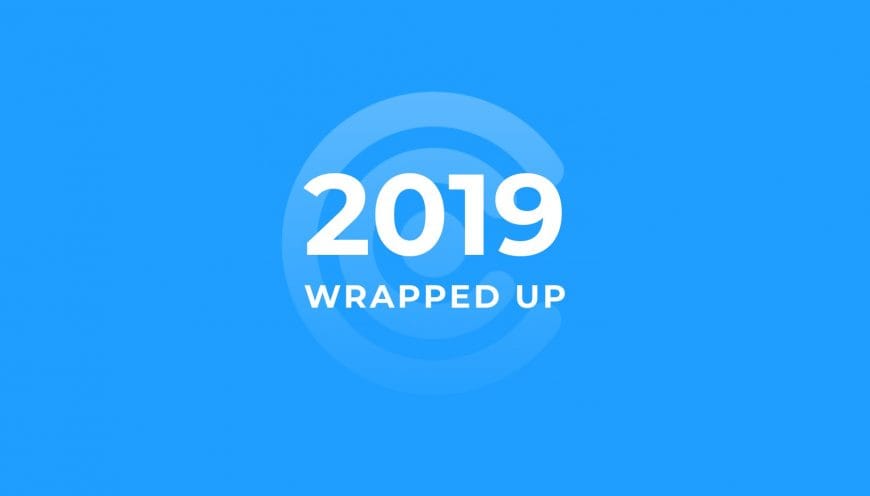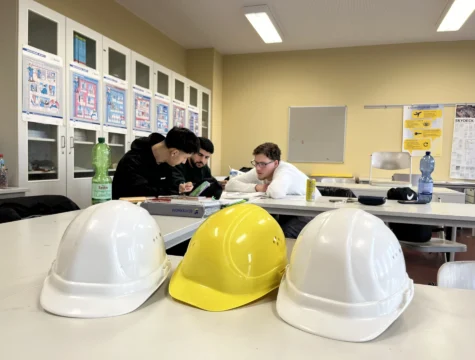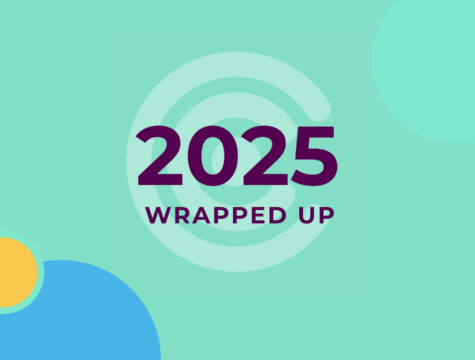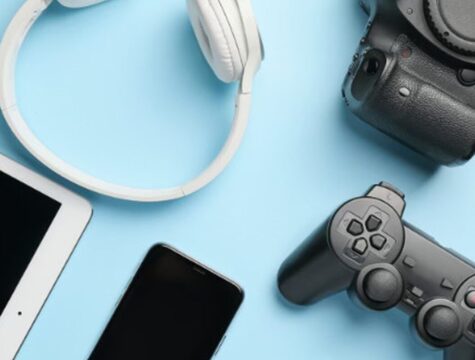Much has changed since the beginning of 2019 – from incorporating our organization and growing our team, to getting engaged in industry and municipal projects. Grab a cup of coffee and dive into the little insights of our activities this year!
Developing Circular Berlin into a true entity
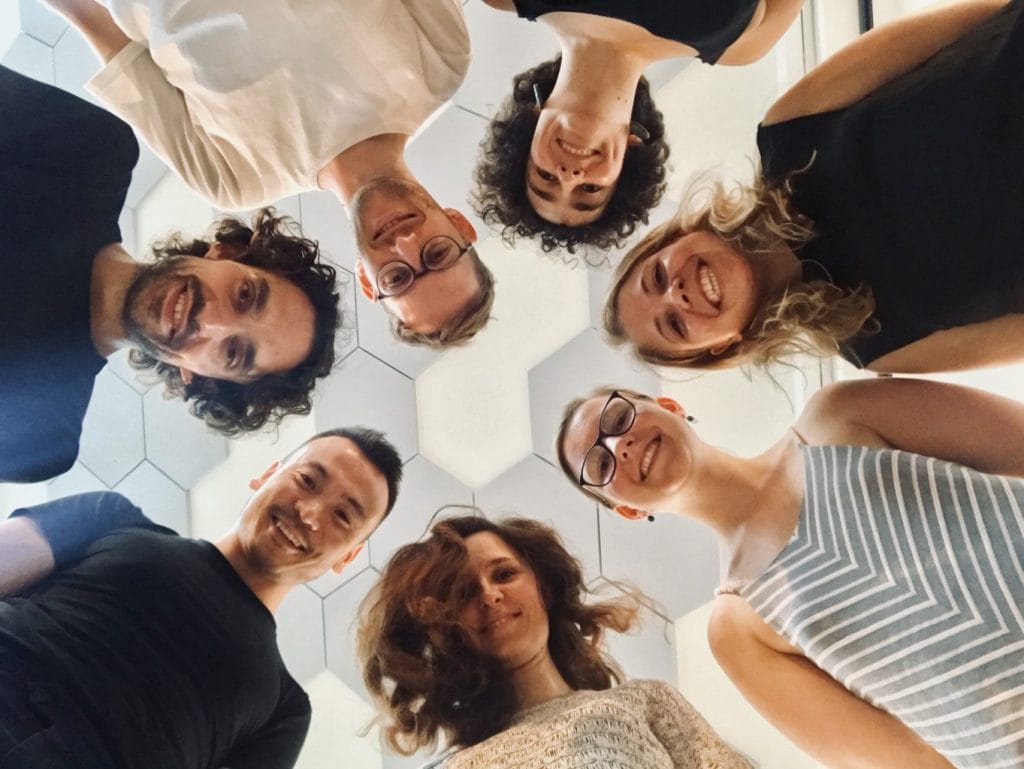
We have made a big step forward this year setting up our organisation to scale up and professionalize our activities. We’ve incorporated it as a non-profit association, called “Circular City – zirkuläre Stadt e.V.”, with Circular Berlin as its first project. And we found a great day-to-day office at B-Part am Gleisdreieck, through fantastic fellowship from the Urban Ideation Lab.
We created an identity for Circular Berlin that reflects our spirit and developed a new website, which makes information easier to find, interact and spread. Our team grew from mainly 2 persons to a group of 12-14 with interdisciplinary backgrounds: researchers, former consultants, designers and everything in between, which made our work incredibly fun. We also hosted 4 Climate-KIC pioneers and Bosch Stiftung fellows, who help us run our activities.
Fostering the community
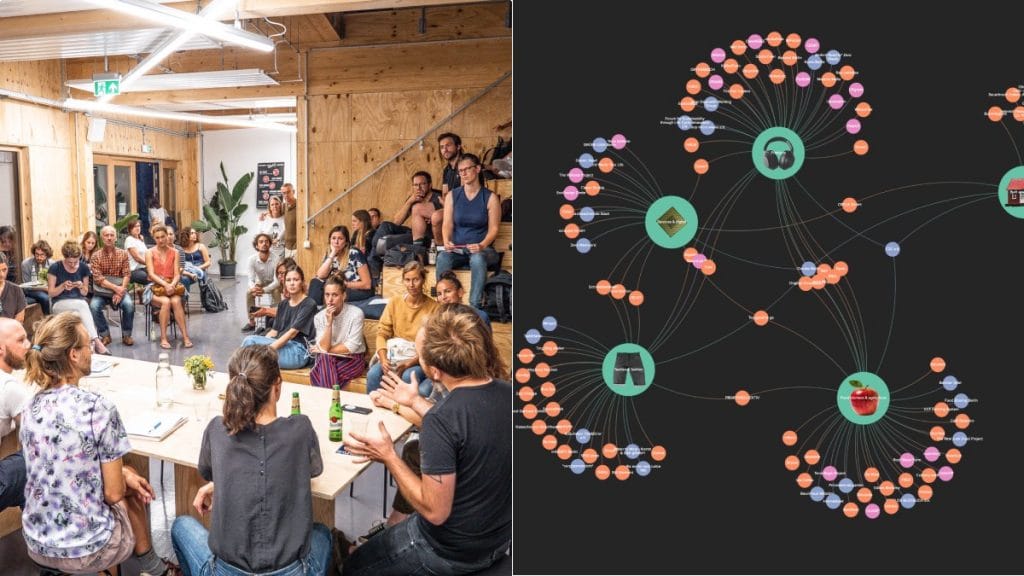
Circular Berlin started out as a community gathering for Berlin’s circular economy. These professionals, organizations, activists, students, and academics are essential for “getting things” done and closing material loops. This year we learned that face-to-face networking is just as important as digital tools that allow information to spread easily.
We connected over 500 people during our 10 community events and workshops this year. These varied in topic from the hands-on “Tools and methods for the circular economy” and “Co-creating the 2019 circular economy community agenda” and to the more strategic “Berlin’s path to a circular city”. Thanks to ImpactHUB, CityLAB, B-Part am Gleisdreieck for partnering and co-organizing with us.
But digital world is an important part of our work. As we were getting many inquiries about events on the circular economy, we created a community calendar, which is open to add any circular communiy event in Berlin and spread the word what is happening here. Also in order to give more visibility to Berlin circular initiatives we made it interactive and fun to browse through Berlin’s circular ecosystem, now covering over 150 organizations. Thanks to our friends at CityLAB Berlin, the ecosystem is now part of their permanent exhibition on open data and digitalization in Berlin.
Developing and sharing knowledge
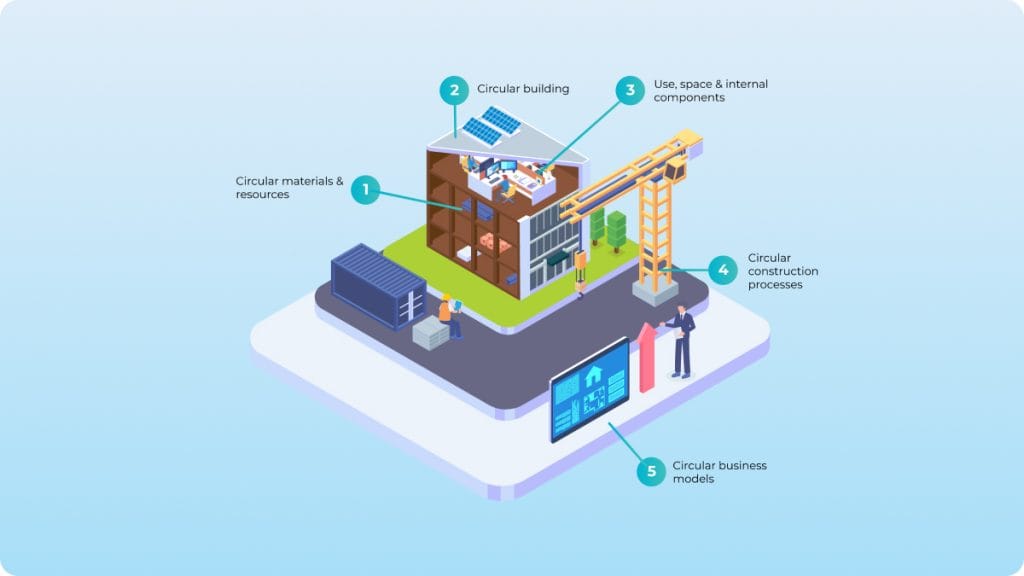
Much of the knowledge needed for a transition to a circular economy is still to be developed or to be adapted to the specifics of Berlin’s. We set up projects to research, develop and implement solutions for our core thematic areas – the built environment, materials & products, food & biomass, and textiles & fashion.
The circular built environment is a topic on which not much is known. In response, we partnered with EIT Climate-KIC to identify barriers and opportunities for this sector in Berlin, as part of a 9-month project. We also hosted an event, where we brought local players together to discuss the role usage plays in planning and construction. In 2020, we will build upon these activities, working towards an ecosystem of players, with the aim of sharing knowledge, creating partnerships as well as generating demand for circular solutions.
In the area of circular materials and products, we have been involved in the development of the “Haus der Materialisierung”. This is a learning center for resource recovery, where used materials and workshop spaces are made available for experimentation to enable re-use, repair and re-manufacture, materializing circular economy practices. The space will open to the public in 2020 in the former Haus der Statistik at Alexanderplatz. In 2020, we will be co-organizing educational workshops there as well as help them build their digital inventory system. Our members were also involved in the long research project on Plastic Packaging waste prevention, which was coordinated by TU Berlin. We will be happy to share our research results in 2020 and to tell you more about the barrier in the transformation of this sector.
Berlin has a strong community that deals with the topic of circular food and biomass in creative ways. This year we organized 2 workshops that identified the main actors, challenges as well as opportunities concerning this area. Next year we will strengthen this area, and connect with other active groups in the Zero waste movements.
As an important design center, Berlin’s circular fashion & textiles scene is not easy to grasp. We organized a workshop mapping the main actors, challenges, and opportunities for the sector in Berlin. In 2020 we will work further to strengthen the cooperation with Berlin fashion scene to make it more circular.
In the transition towards a circular economy, top-down coordination needs to complement and encourage bottom-up actions. We engaged in our first project with the Berlin district municipality, developing a Zero-Waste concept for the district of Friedrichshain-Kreuzberg. We measured the status quo, looked for inspiration in other cities around the world, and finally developed a set of 37 concrete measures that the district can implement. The report will be publicly published in January 2020. Next year we will continue along this path, aiming for the development of a city-level roadmap for circular actions.
Making the circular economy accessible through education
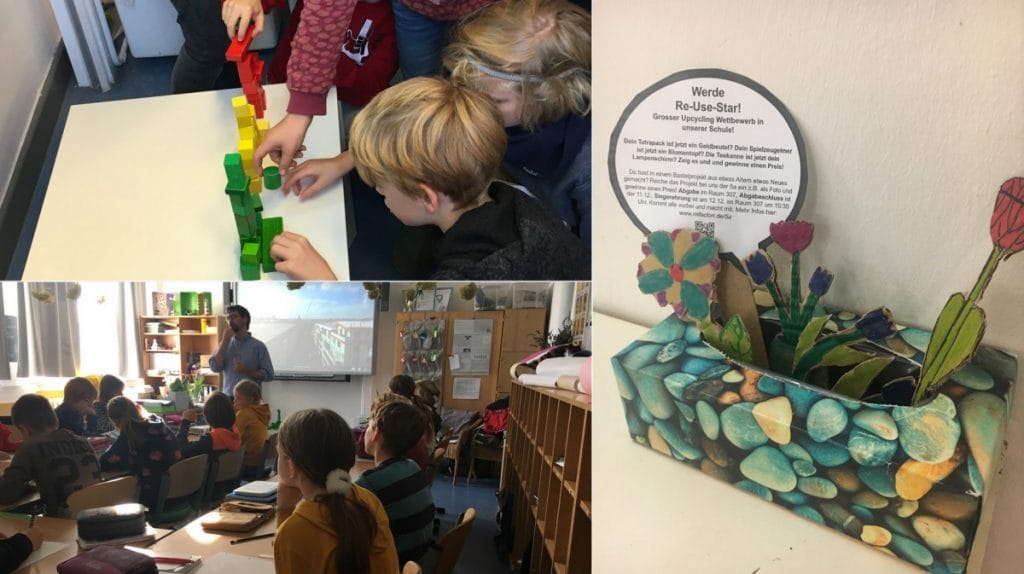
As we are developing and gathering knowledge at Circular Berlin, we are also looking for ways to share it with others. The citizens and leaders of tomorrow are in school right now. As part of the project “Circular schools” (Kreislaufschule), together with out creative partner from Mifactori we kickstarted a yearlong pilot program on circular practices with an elementary school in Berlin-Karlshorst.
We have been piloting a series of introductory, deep-dive and industry-specific workshops on the circular economy. We have been working hard developing a series of educational trainings, which we will make available to the public next year.
Getting recognition
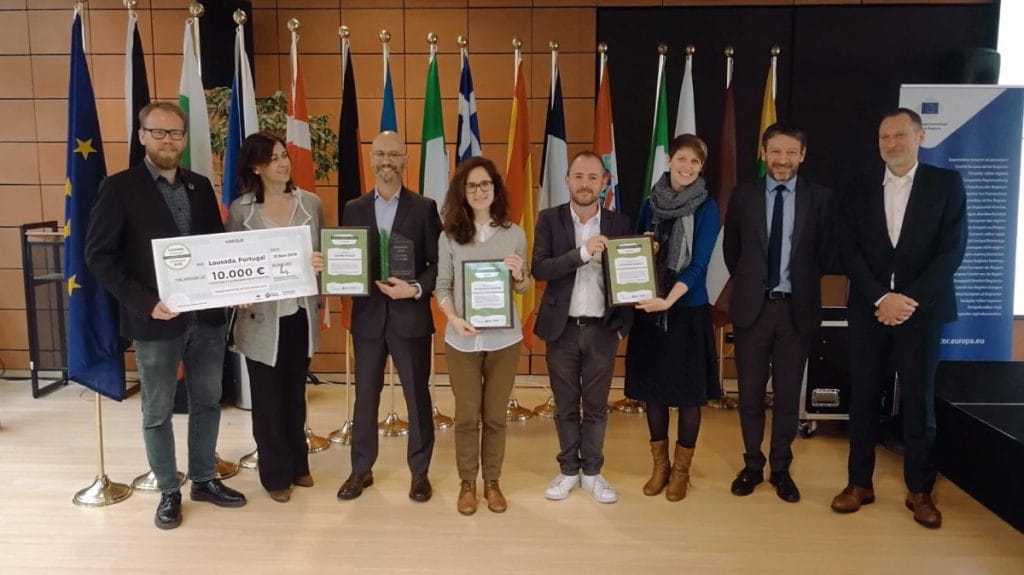
Even though we’ve been active for less than 2 years, we took the following as strong indicators the relevance of our work.We were a finalist at the Transformative Action Award, for “advancing circular economy in the German capital, through providing platforms for engagement and knowledge exchange and supporting local actors through collaboration.” The award recognizes ongoing or concluded Transformative Actions, which contribute towards the implementation of the Sustainable Development Goals and the Paris Climate Agreement, and the achievement of the socio-cultural, socio-economic and technological transformation of societies.
We were invited to speak at Conferences such as PLATE, OCSE Days 2019, World Circular Economy Forum, EEB Conference 2019, Circular Economy Entrepreneurship Panel (Perth, Australia) and many others.
Giving thanks
What a year this has been, of course there were also a lot downs and moments to learn, but we are happily looking forward to an exciting 2020.
We thank our main supporting organisations – B-PART, Climate-KIC, Impact HUB Berlin; and our team members – Nicolas, Phoebe, Alex, Dina, Georg, Paul, Laura, Natalie, Marina, Isabel, Leon, Arianna, Ian, Maria, Ronja, Marilu, Rie; and of course our incredible Circular Berlin community!
Let us all join forces to bring circular economy topics in 2020!

